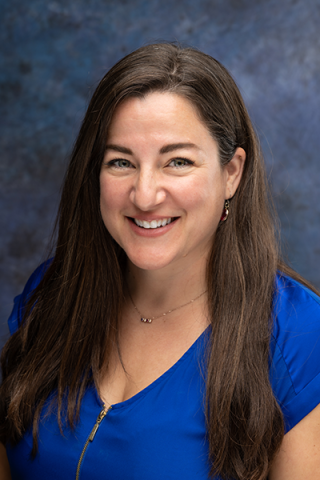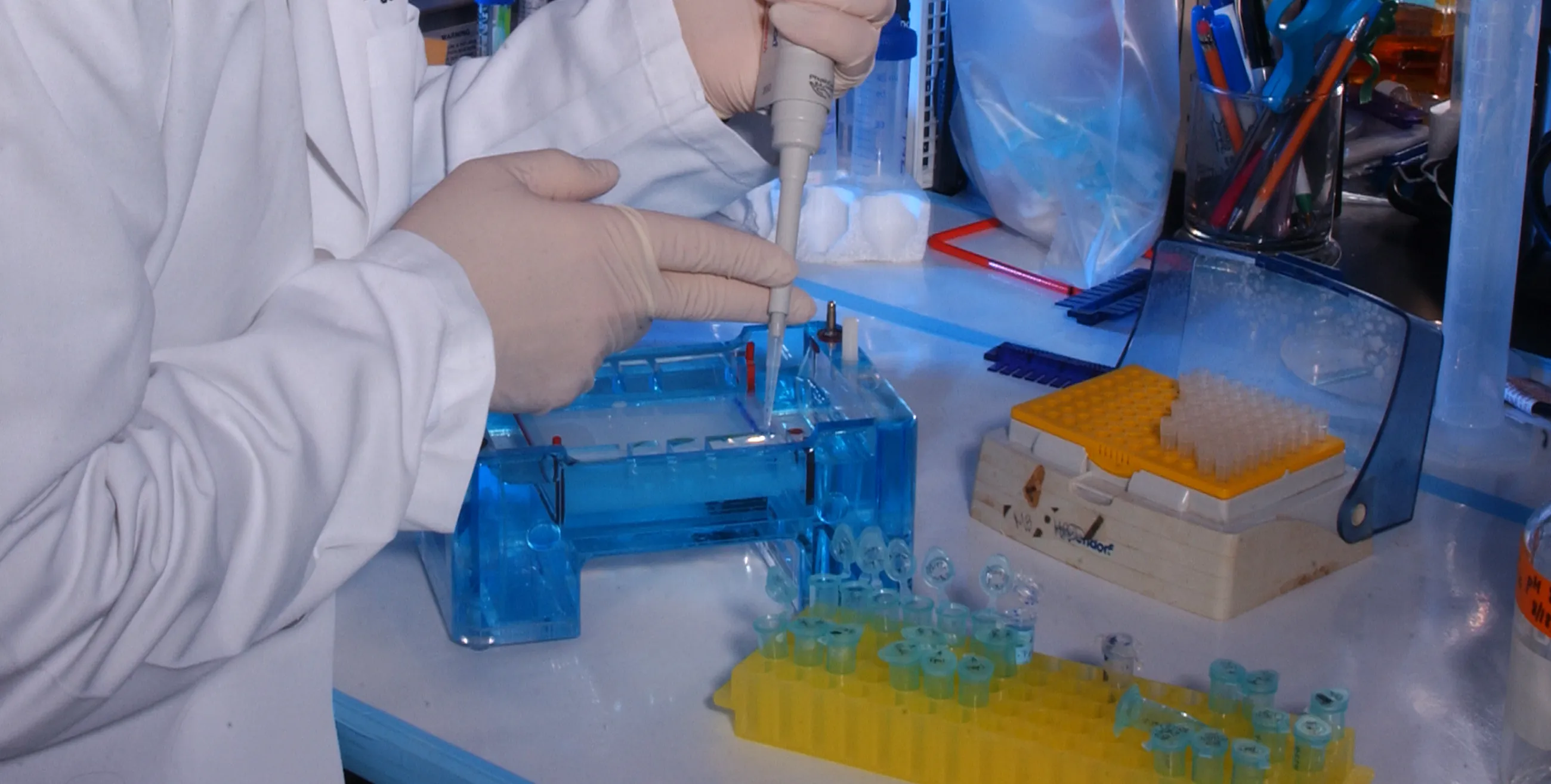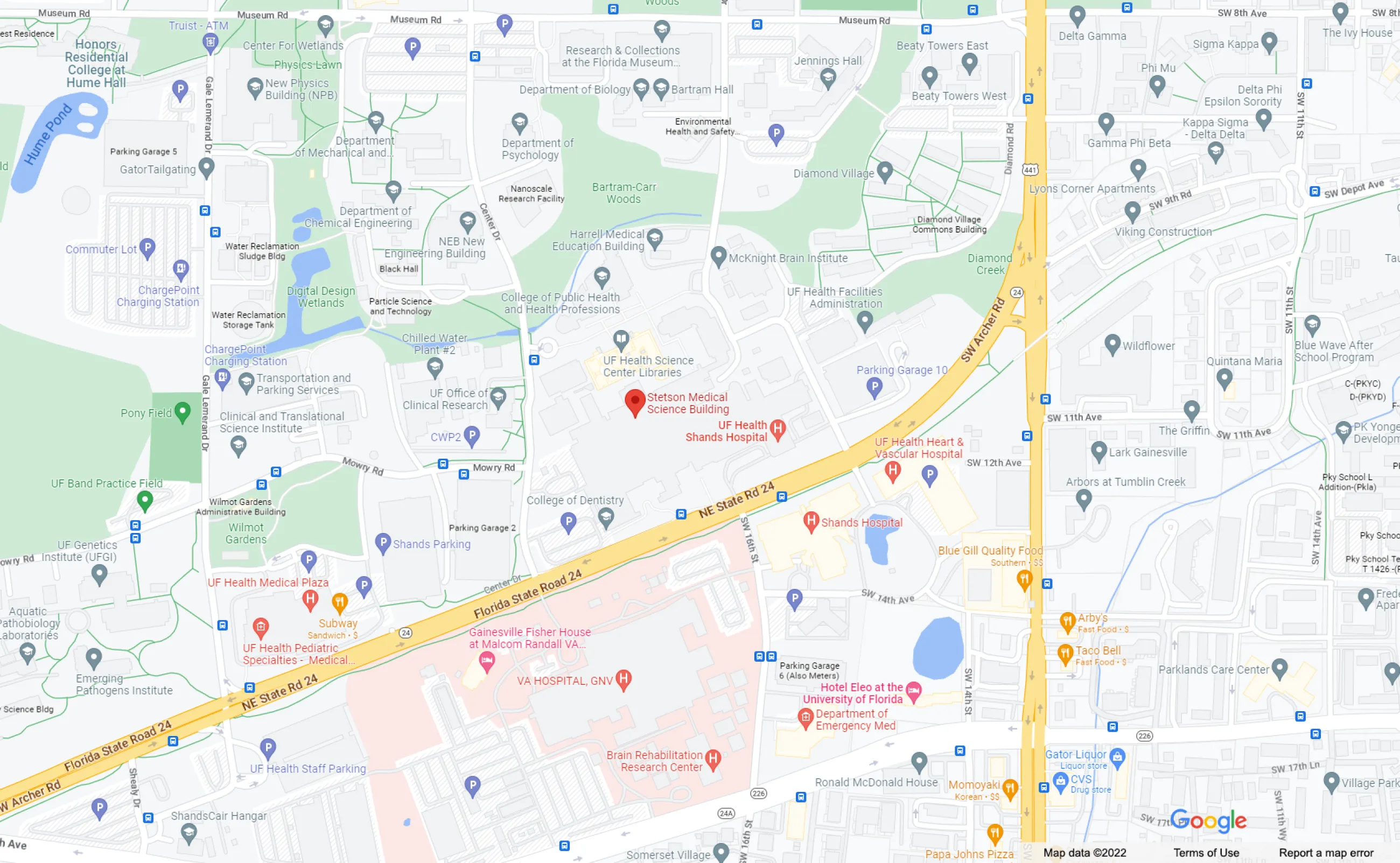The Orthopaedic Gene Therapy Laboratory incorporates gene transfer and stem cell technologies to study and develop treatments for musculoskeletal disorders. Currently, this 1300 square foot wet-lab space is located in the Health Science Center in the heart of the University of Florida Medical Science Complex.
The Orthopaedic Gene Therapy research team consists of one faculty member, two post-doctoral associates, three graduate students and one biological scientist. This team, led by Steven C. Ghivizzani, Ph.D., has made many scientific advancements within the field of gene therapy and orthopaedic research. Dr. Ghivizzani is the recipient of the 2004 Nicolas Andry Award and the 2005 Kappa Delta Award for work in "Gene Delivery Approaches to the Treatment of Orthopaedic Disorders", two of the most prestigious honors in orthopaedic research.
Scientific investigations, funded through the National Institutes of Health, focus on the following:
- The development of gene therapies for arthritis. Current projects are focused on the use of viral vectors (adeno-associated virus and lentivirus) to deliver and express therapeutic gene products in joint tissues to achieve long-term relief from chronic joint conditions, such as rheumatoid and osteoarthritis. Continued success in the delivery of the genes for IL-1Ra and IGF-1 in several small animal models of disease has moved this work into the larger joints of horses as a prelude to Phase I clinical studies in humans. A novel direction in this area is the delivery of the GFAT gene to increase the capacity of joint tissues to synthesize glucosamine.
- Repair and regeneration of damaged skeletal and connective tissue. The goals of ongoing work are to enhance or accelerate tissue repair processes through delivery of genes encoding stimulatory factors to mesenchymal stem cells at sites of tissue damage. Studies in progress involve gene-induced differentiation of adult stem cells for the repair of articular cartilage, bone fractures and damaged tendons and ligaments.
- The development of gene-based therapies for congenital skeletal conditions. This new area of research is aimed toward the development of treatments for growth plate deficiencies which lead to skeletal deformity. Gene delivery strategies are being explored to specifically target FGF-3 receptor signaling in achondroplasia.
- Studies of the pathogenesis and treatment of articular fibrosis. This work focuses on studying the interplay between TGF- 1 and CTGF in signaling pathologic fibrosis. These studies will be used to identify targets for therapeutic intervention in adhesive capsulitis.
Lab Equipment
- FPLC
- Real-time PCR
- Shaker incubator
- 6 tissue culture incubators
- 3 biological safety cabinets
- high and ultraspeed centrifuges
- apparatus for DNA and protein electrophoresis and gel imaging
- conventional and inverted fluorescence microscopy with high resolution digital imaging
Researchers
- Image
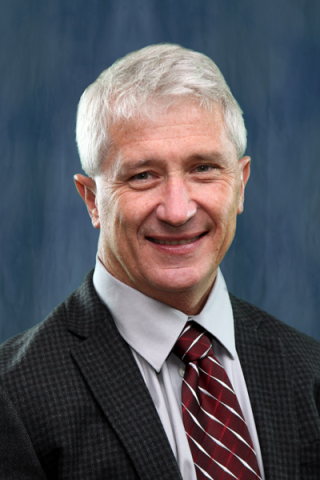
- Image
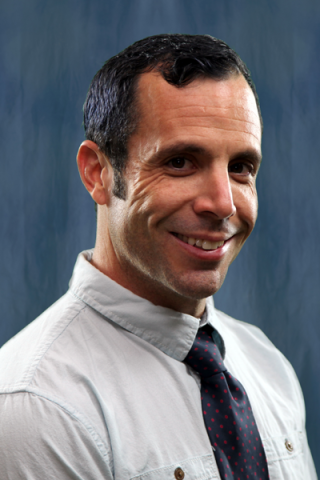
- Image
